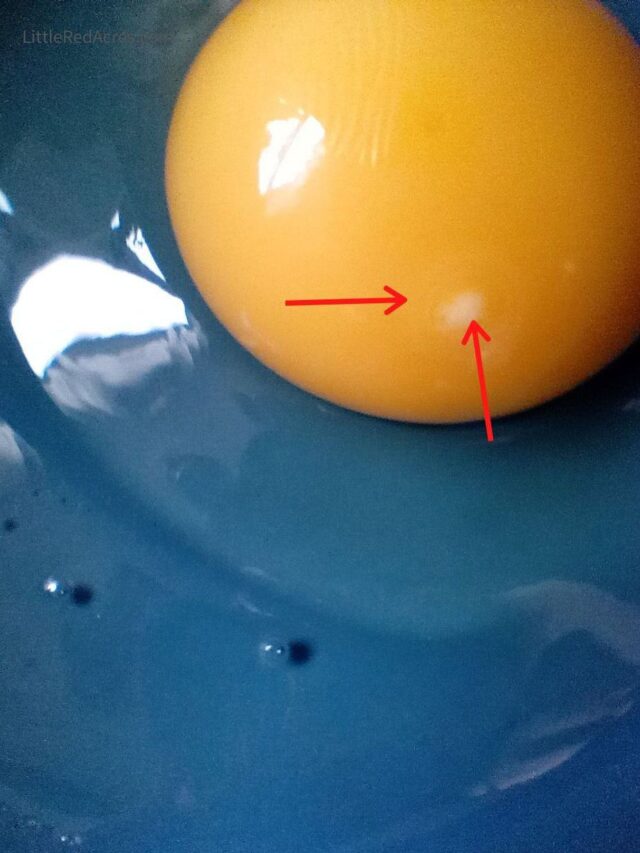What Causes Scissor Beak in Chickens
Inside: Uncover what causes scissor beaks in chickens and practical solutions. Prioritize your flock's health with insights into this condition.
As a chicken owner, you want to do everything you can to ensure the health and well-being of your flock. Unfortunately, some chickens may develop scissor beak, a condition where the top and bottom beaks don't line up properly. There is something you can do to help these birds out.

This post may contain affiliate links, see my disclosure policy for more information.
What Causes Scissor Beak
This can make it difficult for them to eat and drink, and can also be a cosmetic issue. Depending on the severity of the scissor beak, you can have a happy, healthy chicken. So, what causes scissor beak in chickens?
Get updates & freebies delivered to your inbox!
There are several possible causes of scissor beak, including genetics, injury, and nutritional deficiencies. Let's take a closer look at each of these factors:
Genetics
Scissor beak can be hereditary, meaning that it's passed down from the chicken's parents. If you notice scissor beak in multiple chickens from the same bloodline, genetics may be the cause.
In this case, there may not be much you can do to prevent scissor beak from occurring. But you might want to remove those chickens from your breed flock.
Injury

Chickens can injure their beaks in a variety of ways, such as from pecking at hard objects or getting caught in wire mesh. These injuries can cause the beak to grow in a misaligned way, leading to scissor beak.
Nutritional Deficiencies
A lack of certain nutrients in a chicken's diet can also cause scissor beak. Specifically, a deficiency in vitamin D or calcium can lead to weakened bones, which can affect the growth of the beak. This is going to be noticed as a change in the chick's peak as it grows.
You'll notice a genetic scissor beak when they hatch, whereas nutritional will show up over time.
What Happens If Your Chicken Has Scissor Beak?
So, what can you do if you notice a scissor beak in your chickens?
First, it's important to identify the underlying cause. If it's due to genetics, there is not much you can do other than provide extra care and attention to the affected bird.
If it's due to injury, prevent further damage by removing any potential hazards from the chicken's environment.

If it's due to a nutritional deficiency, adjust the chicken's diet to ensure they get the necessary vitamins and minerals.
You can keep the beak trimmed to ensure that your chicken is getting the food and water they need. It might need to be trimmed once every six months or so, it is going to depend on how much they scratch and rub their beaks across things.
As a chicken owner, it's important to keep an eye out for signs of a scissor beak and take steps to prevent and treat it if possible. With the right care and attention, you can help your chickens live happy and healthy lives.
Frequently Asked Questions
Can scissor beak be corrected? There is no real treatment for scissor beak. Cases very greatly in severity and often the beak gets worse as the chicks grows, but chicks with a mild case can live a long, healthy life.
Does scissor beak get worse with age? It might start as a minor deviation, but over time and as the bird grows it will progressively worsen.

Want More?
Chicken First Aid: Keeping Medical Kit for Chickens
Caring for Ailing Hens: Effective Home Remedies for Sick Chickens
Deworm Chickens Naturally: Effective Methods for Parasite Control






